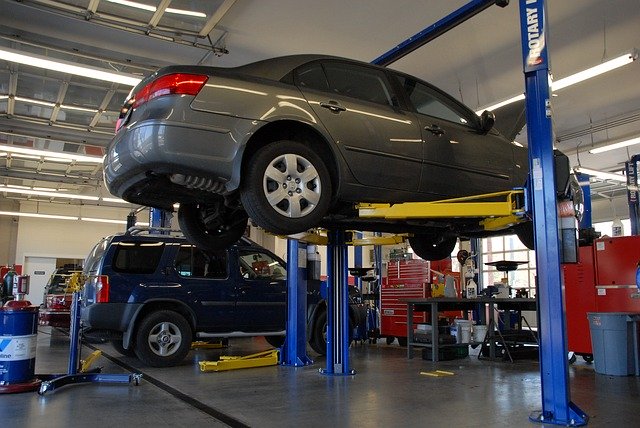Analysis of cost-savings for businesses and homeowners
In the face of escalating electricity expenses, an increasing number of individuals and establishments are gravitating towards solar energy as a frugality-fostering substitute. solar power systems harness the sun’s infinite energy to generate electrical energy. This reduces or eliminates the need for grid-powered electricity. It not only helps to reduce monthly energy costs, but it also provides a sustainable solution for reducing reliance on fossil-fuels.
For homeowners, incorporating solar panels can yield substantial savings over time. Although the initial cost may seem daunting, it is worth it in the long run. By self-generating their own electricity, homeowners stand poised to significantly diminish their monthly utility expenditures. Moreover, numerous governmental bodies and local authorities extend enticements in the form of tax credits or rebates for those who opt to install solar panels – further augmenting its financial allure. In addition to fiscal gains, transitioning towards solar power equally encompasses an ecologically prudent choice by abetting in carbon emission reduction and attenuating dependence on non-replenishable energizing sources.
Solar Energy for Everyday Life
The mind-boggling acceptance of solar energy in our everyday lives has completely transformed the way we fuel our homes and businesses. With an ever-growing focus on sustainability and economical advantages, individuals and organizations have now embraced solar energy as a feasible substitute for conventional sources of electricity. By integrating solar panels onto rooftops, people can tap into the sun’s power to generate electricity that will not only fuel their homes but also diminish their reliance on the grid.
It is also important to remember that solar power is not limited to the residential sector. Solar power is also being used by various industries to improve their operations and reduce their carbon footprint. Take for example, the agriculture sector which now employs irrigation systems powered by sunlight in order to efficiently water crops, thus conserving both energy and water resources. In the Transportation sector, there is an increasing trend for vehicles powered by solar energy. These eco-friendly cars not only reduce greenhouse gases but also offer huge savings in fuel consumption. Solar energy is being used in a variety of sectors to achieve a more sustainable future. They also provide tangible benefits for efficiency and cost effectiveness.
Showcasing practical applications of solar energy in various industries
Solar energy is being used in an increasing number of industries. Many are confused by the wide variety of uses. Among these industries, agriculture stands out as one that has embraced solar power with great fervor. Farms and agricultural businesses have discovered the astonishing benefits of employing solar energy to fuel their irrigation systems, effectively reducing their dependence on conventional electricity sources while simultaneously slashing operational costs. Solar panels have also been used to power greenhouses and increase crop production, resulting in a surge of productivity throughout the year. These impressive outcomes not only yield substantial financial savings but also contribute to a reduction in carbon emissions, establishing solar energy as an environmentally-friendly and sustainable solution for the agricultural realm.
The transportation industry has also seen a rise in innovative approaches to harnessing solar energy. The potential of solar-powered cars and buses to reduce fuel consumption and emissions is attracting attention. By employing photovoltaic panels that convert sunlight into electrical energy, these vehicles attain an abundant source of renewable power that remains untainted by pollutants. Furthermore, charging stations powered by solar energy have emerged as game-changers within this domain, permitting electric vehicles to be charged without relying on non-renewable resources. The remarkable advances in transportation technology not only create a more eco-friendly system, but also offer cost-saving benefits for businesses and individuals by reducing fuel consumption and vehicle upkeep fees.


